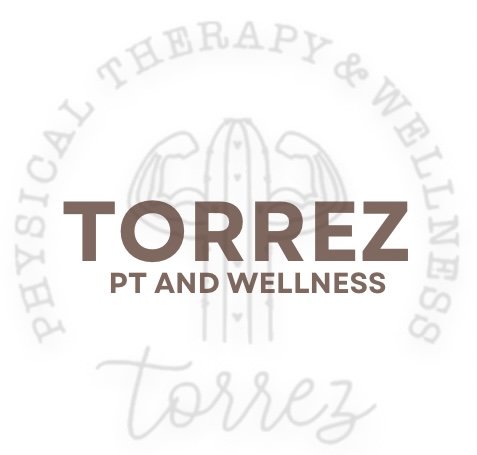Misconceptions about surgery: things you should know before going under the knife
In today’s blog, we’re going to be discussing surgery -when it’s appropriate to have it, when you should avoid it, and things you should know going into it.
As someone who has had multiple surgeries in my lifetime, there are several things that I wish my family and I were told told prior to having the surgery. I often see people who also aren’t educated on the process or what to expect after surgery.
First and foremost surgery should absolutely be your last resort. This means you should’ve exhausted all options leading up to your surgery. There’s a misconception that if you just have the surgery all of your issues will be resolved and everything will go back to normal. That is far from the truth.
I cannot stress enough how important it is to realize that once you have had surgery, your body is never going to be quite the same that it once was. There’s many different types of tissue throughout your body and when tissue is cut into, it heals with a different type of tissue than was originally there. Your surgical incision heals with scar tissue which is less extensible and pliable than the tissue that you had prior to surgery. This can affect range of motion and mobility. Secondly, if you have arthritis and your surgeon “cleans up” the arthritis, you are predisposed to more arthritis forming after.
I have rehabbed many post-op surgical patients in my career. Many who come to me with PT orders from their surgeon but also many of whom have sought out physical therapy after they were having issues getting back to active lifestyles following surgery. My own stepfather had bilateral knee replacements and was told by his surgeon that he didn’t need to do rehab because if he just walked on them that he would get all his mobility and function back. That couldn’t be a bigger lie. He never achieved satisfactory ROM in either knee and has been in disability as a result of this. Recently I’ve had several patients who had foot surgery and their surgeon did not recommend PT. They were told if they just walked on it, it would get better. 8 months later they haven’t been able to return full force to their previous workouts because of ongoing pain and mobility restrictions.
So how is it that professional athletes and others seem to make a full recovery? This is done with extensive rehab. Athletes don’t have surgery and just sit around and magically get better with time. They are working hard behind the scenes with trainers and rehab professionals. People who return to sport or active life styles have to work hard to get back to that point. It can be painful and frustrating at times, especially because progress isn’t linear. If they don’t meet certain conditions, they are not cleared to return to their sport. Why must they go through stringent testing return to sport testing? Because the are now a higher risk of re-injuring themselves. The last thing a professional athlete needs to an other season or career ending injury. The athlete that comes to mind is Klay Thompson. He tore his ACL, had surgery and during his rehab he tore his Achilles. He had to have an other major surgery. I’d be willing to bet that his second round of therapy was very closely monitored by his rehab team and doctors even more so than because of the back to back injuries. This brings me to my next point-once you’ve suffered an injury statistically you have a higher chance of injuring it than someone who has never had an injury.
This why I always recommend seeing a physical therapist after any sort of orthopedic or musculoskeletal surgery. I personally believe that many surgeries are deemed “unsuccessful” because people don’t put in the work after surgery and never fully gain their function back. This however because health care professionals don’t spend enough time educating their patients on the realities of surgery. So even if your doctor is downplaying your upcoming surgery, please do your own research. Seek multiple opinions. Don’t just assume that you will be magically cured after you wake up surgery. And always remember that surgeries should improve your quality of life, not make it worse. If you have any questions regarding what to expect from surgery give us a call at 575-499-4249. We’d love to chat with you.
Yours truly,
Savannah Torrez, PT, DPT, COMT
“If it doesn’t challenge you, it won’t change you”
